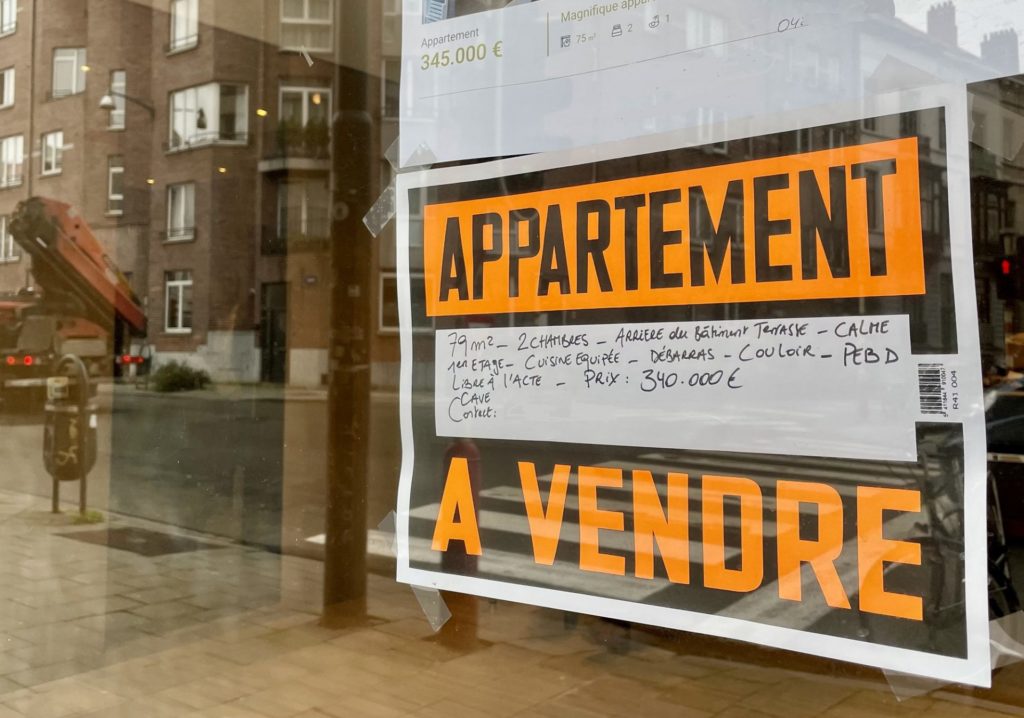One in five (20%) adults aged between 30 and 34 in the European Union still lives with their parents, according to a new analysis by the European Foundation for the Improvement of Living and Working Conditions (Eurofound).
Over two in five (42%) EU adults in the 25-29 age category live with their parents – ranging from 67% in densely populated areas to 82% in thinly and intermediately populated areas. While the number of young adults living with their parents more than halves when moving to the next age group (30-34), Eurofound considered the figures for the 25-29 age group quite high.
"Housing is one of the main obstacles to young people becoming independent, with Europe’s housing crisis reverberating into various aspects of younger adult’s lives – including mental wellbeing," said Eurofound.
Among the 30-34 age group, there is a five-percentage point difference in employment rates between those living with (one of) their parents (73%) and those living independently (78%). "This shows that employment alone is not a surefire way to gain independence."
Locked out of the housing market
Eurofound's report, 'Becoming adults: Young people in a post-pandemic world,' explores young people’s wishes and plans for the future – and the well-being outcomes related to these plans – in the context of the current labour market, housing situation and progress on the implementation of the EU’s reinforced Youth Guarantee.
"The reports find that while there are positive signs for young people in terms of employment, many young people in Europe find themselves locked out of the housing market and unable to establish the independence required to have families of their own."
There are striking differences between Member States: in Nordic countries, it is much less common for people in their 20s and 30s to live with their parents than in southern Europe: the report shows that just 2% of 25–34-year-olds in employment in Sweden and Finland live with their parents, compared to 65% in Croatia, 57% in Greece, and 52% in Portugal.

A sign detailing a property that is up for rent. Photo by Helen Lyons/The Brussels Times
While Eurofound acknowledged that part of this divide is cultural, the report underlined that it can also be attributed to the labour market precarity of temporary workers in southern Europe. "Young people are more likely to be in temporary employment and this precarity can prevent them from securing accommodation outside the family home."
Additional analysis showed that on average, the proportion of 25- to 34-year-olds in employment living in their parental home had risen from 24% to 27% between 2017 and 2022.
Ireland, where rents have doubled since 2013, had a 13% rise in working young people living with their parents (from 27% to 40%). Other countries that recorded increases between 2017 and 2022 included Portugal (from 41% to 52%) and Spain (from 35% to 42%). In France, it rose from 10% to 12%, while Italy recorded a rise from 41% to 48% and Croatia from 58% to 65%.
How young people see their future
Other areas analysed in the report show some positive developments. For example, in 2022 the overall youth employment rate in the EU was close to 50% – higher than at any time since 2007. The percentage of young people not in employment, education or training (NEET) was historically low at 11.7%.
Additionally, the proportion of discouraged workers among NEET young people is at its lowest recorded level, indicating a greater motivation to find an occupation. There are also signs of improvements in job quality for young people, with fewer involuntary temporary contracts, greater perceived job security and better work-life balance than during the pandemic years.
"However, there are still improvements to be made. There is often a mismatch between the aspirations of young people and concrete plans," the report found. "Those struggling to find a job are more likely to have a higher risk of depression, an issue of particular concern given the fact that the mental wellbeing of young people has not improved as much as the older population following the Covid-19 pandemic."
Related News
- 'Cities in hands of citizens': Cooperative housing initiative comes to Brussels
- Belgium 'heading for unseen housing crisis', industry experts warn
- Brussels considers extra measure to monitor housing market
Young people are also less satisfied with their jobs than older cohorts and would like more autonomy at work. Nearly half of young people want to change jobs within a year, and the proportions are higher among those never able to work from home and those with insecure contracts.
The report emphasised the need to ensure decent work as part of youth employment policy as the labour market remains precarious and unfair to the young generation. "While jobs are available, many are unattractive, badly paid and coupled with the cost of living and housing crisis, are unable to offer young people a decent living and the prospect to live independently."

